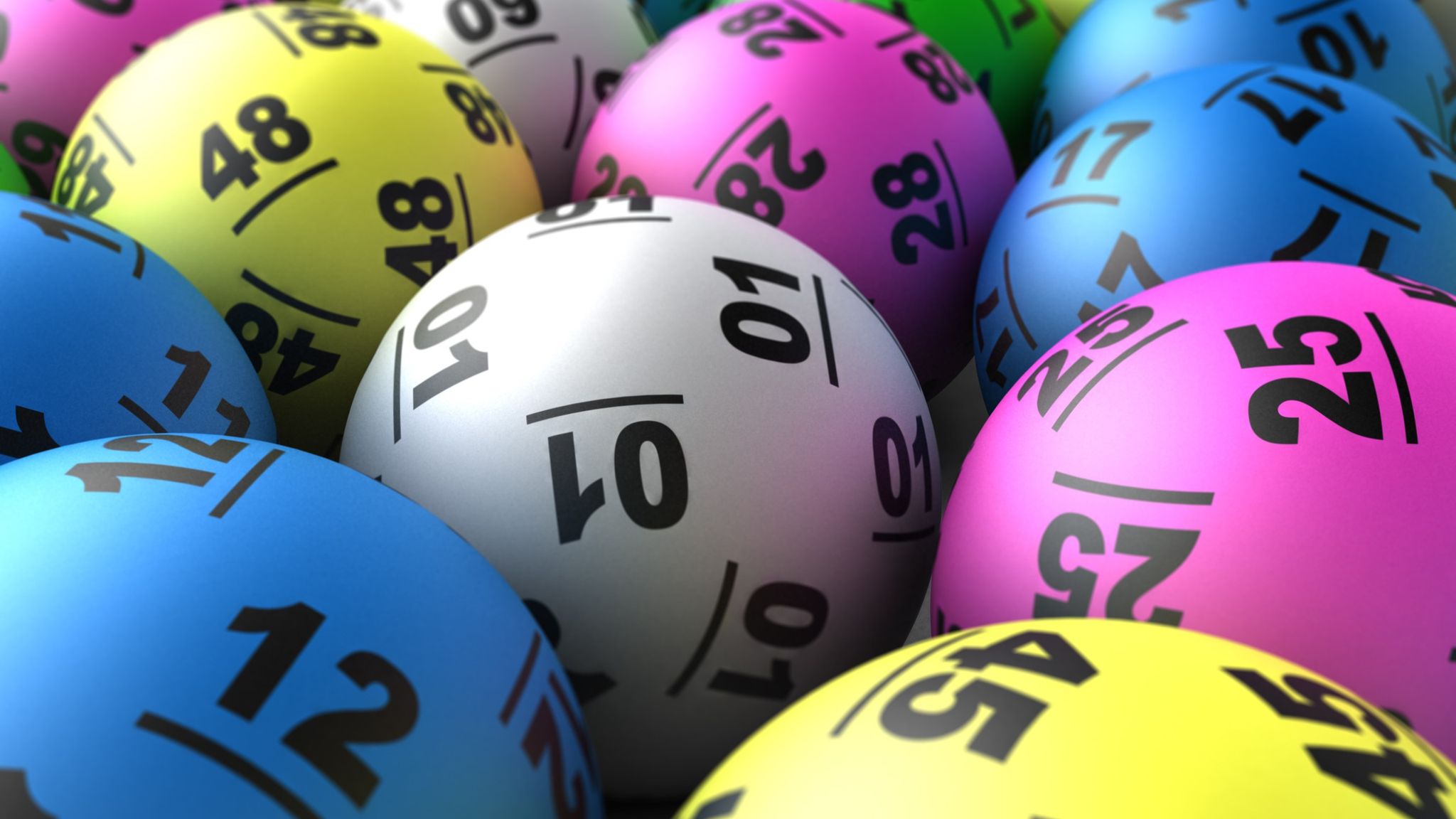The lottery has captured the imagination of millions worldwide with its promise of instant wealth and the tantalizing possibility of a life transformed overnight. It’s a phenomenon that transcends borders and cultures, blending the allure of chance with the hope of fortune Alexistogel. Yet, beneath its glittering surface lies a complex interplay of mathematics, psychology, and societal implications.
A Brief History
The origins of lotteries can be traced back to ancient civilizations. The Romans, for instance, used lotteries to distribute gifts during feasts. In medieval Europe, lotteries were employed to raise funds for various civic projects, including the construction of roads, bridges, and even churches. By the 16th century, the lottery had become a common tool for governments seeking to fund public works without imposing additional taxes on their citizens.
The modern lottery as we know it began to take shape in the 20th century, evolving from a charitable endeavor into a lucrative industry. Today, lotteries are run by government agencies and private companies, offering a wide range of games, from traditional number draws to instant scratch cards and online lotteries.
The Mechanics of Winning
At its core, a lottery is a game of probability. Players purchase tickets with a set of numbers, and a drawing is held to determine the winning numbers. The odds of winning a lottery can be astronomically low, with the probability of hitting the jackpot often being in the millions to one. For example, the odds of winning the Powerball jackpot in the United States are approximately 1 in 292 million.
Despite these daunting odds, the lottery’s appeal remains strong. This paradox can be partially explained by the concept of “prospect theory” in behavioral economics, which suggests that people are more motivated by the potential for a large gain than by the certainty of a small loss. The mere possibility of a windfall can outweigh the rational assessment of its improbability.
Psychological Impact
The psychological allure of the lottery is as powerful as its mathematical improbability. For many, purchasing a lottery ticket is an act of hope, a brief escape from the monotony of daily life. The excitement of choosing numbers and the anticipation of the draw can offer a temporary sense of euphoria.
Moreover, lotteries often capitalize on this by framing themselves as a form of entertainment rather than a financial investment. The experience of playing, rather than the likelihood of winning, becomes a primary source of value.
Societal and Economic Implications
Lotteries are often justified on the grounds of their social utility. Funds raised from lottery sales are frequently allocated to public projects such as education, health care, and infrastructure. This public benefit helps offset criticisms of lotteries being a form of regressive taxation, as they are largely funded by individuals from lower socioeconomic backgrounds who spend a higher proportion of their income on tickets.
However, the economic impact of lotteries is not uniformly positive. The regressive nature of lottery spending means that lower-income individuals contribute disproportionately to lottery revenues. Additionally, some studies suggest that excessive participation in lotteries can lead to gambling problems, exacerbating social and economic inequalities.
The Future of Lotteries
As technology advances, so too does the lottery. Online platforms and mobile apps have revolutionized the way people play, making it easier than ever to participate. The integration of blockchain technology and digital currencies promises to bring greater transparency and security to lottery operations.
Moreover, as societies continue to grapple with issues of gambling addiction and economic disparity, there is growing scrutiny of how lottery revenues are used and how the industry is regulated. Future developments in this space may focus on more responsible gambling practices and more equitable distribution of lottery funds.
